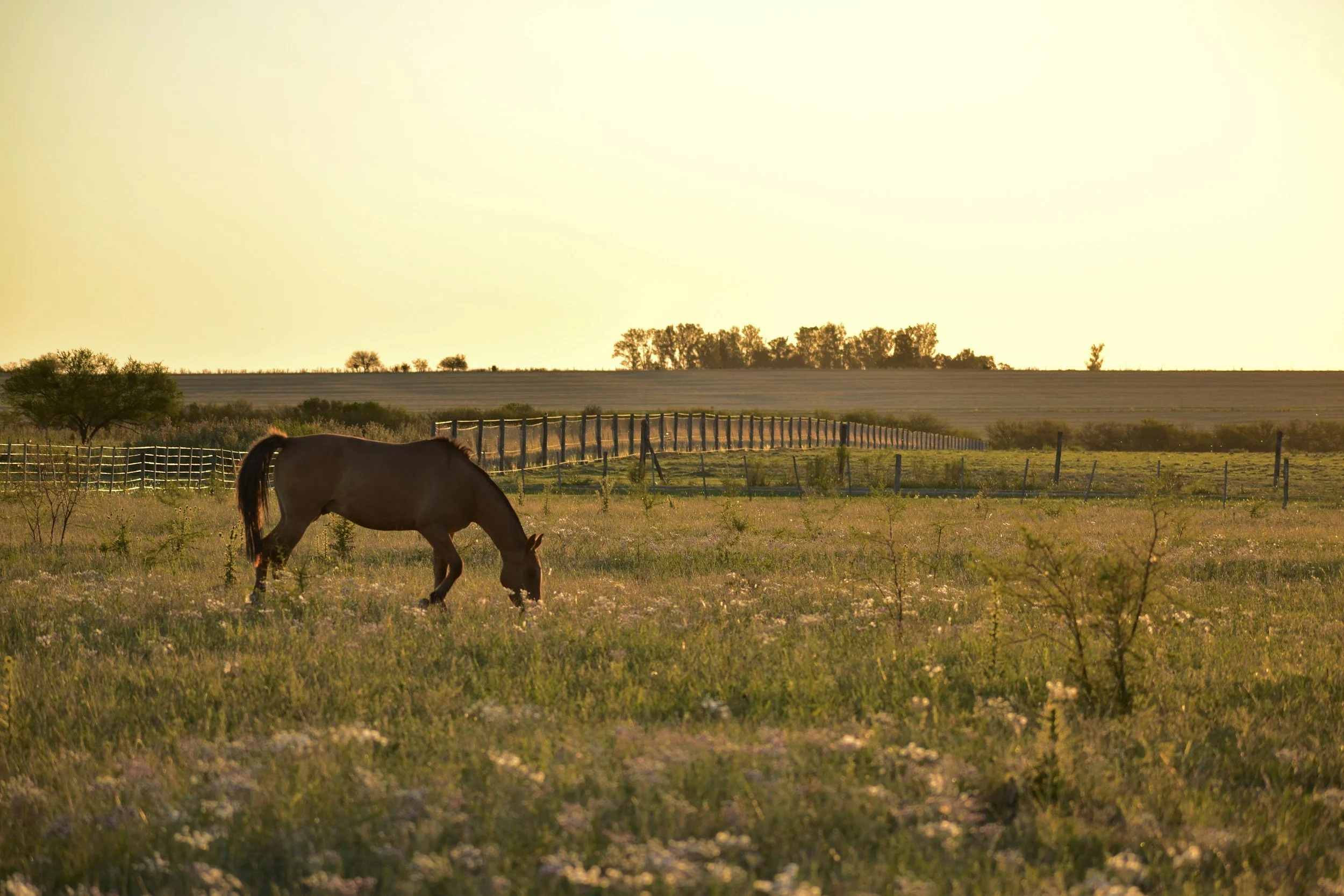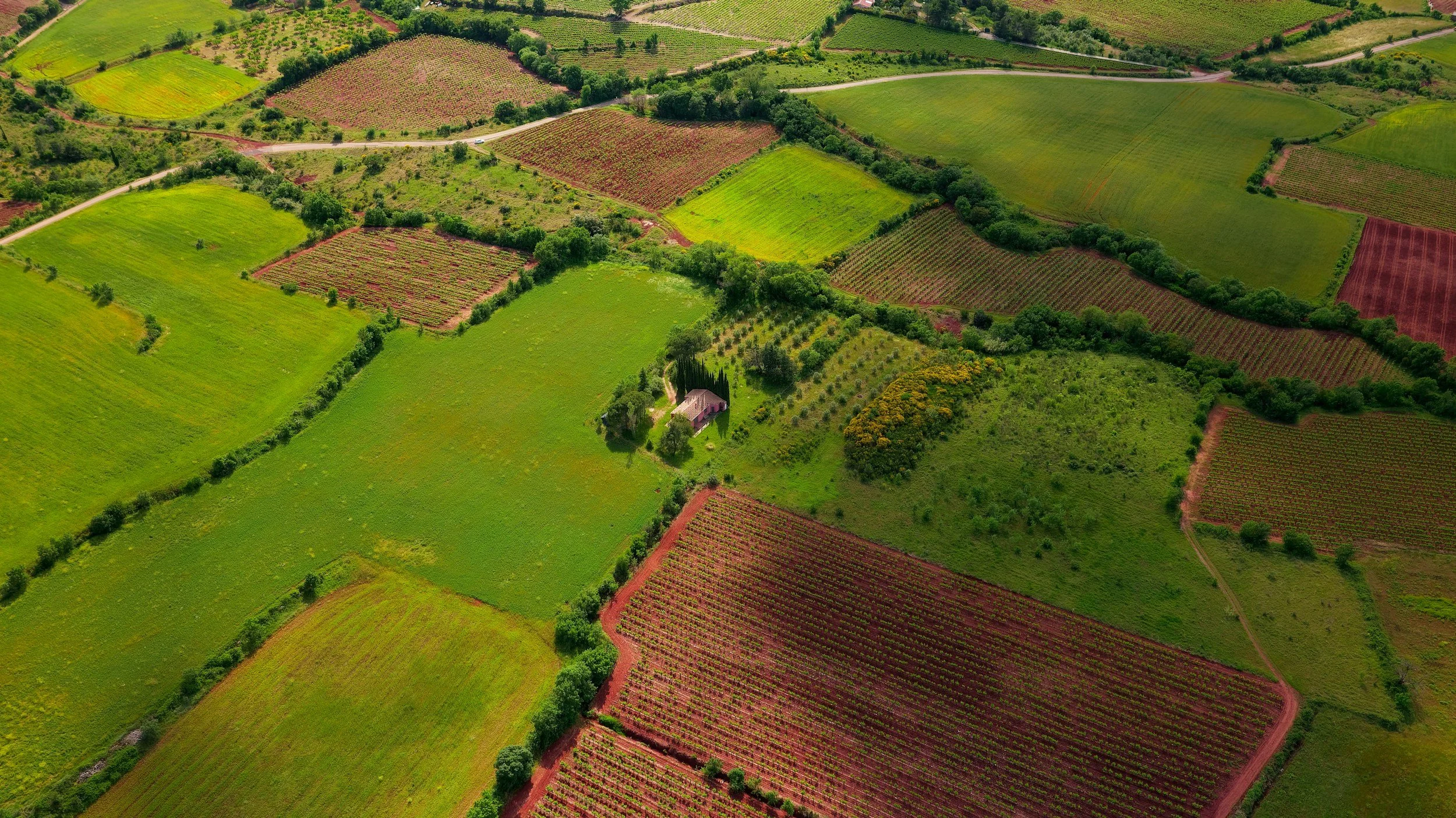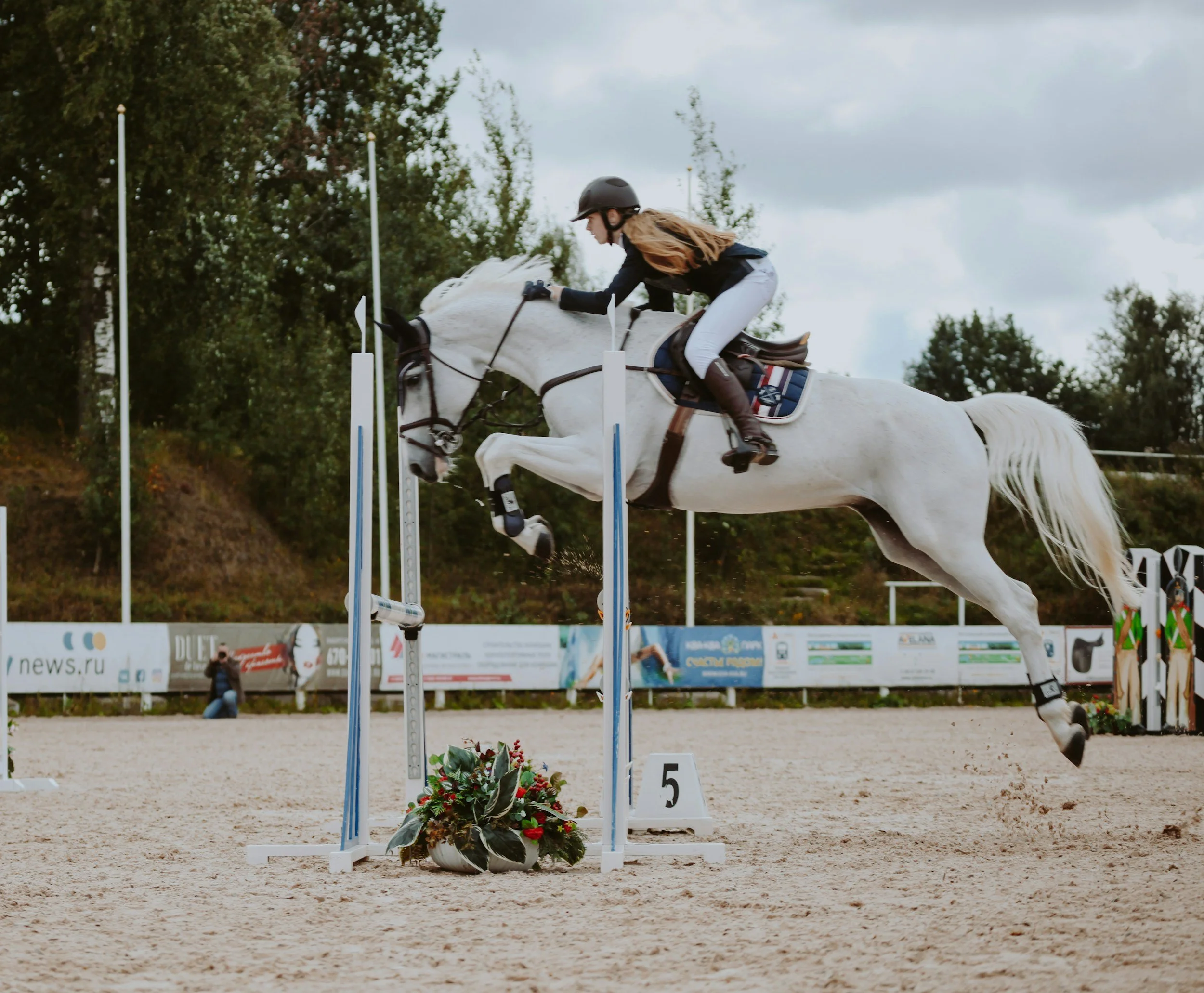In wake of President Trump’s stance on global warming and greenhouse gas emissions, some states have taken it upon themselves to introduce legislation that would curb greenhouse gas emissions by taxing fossil fuel products and emissions.
In this blog, 2L staffer Johnna Adams argues that the Second Chance Act (SCA), which has already been proven effective at reducing recidivism, should be expanded to include equine-assisted rehabilitation programs. Adams explains how these programs help participants overcome unique challenges that traditional rehabilitation models often fail to address through hands-on work with horses. Adams contends that by broadening the SCA’s coverage, recidivism can be further reduced without the need for additional spending.

In this blog, 3L Staffer Jacob Krummen examines Kentucky House Bill 630, introduced in the 2025 Regular Session in order to change eminent domain laws in Kentucky, protect certain uses of land, and strike a balance between development and conservation. Krummen argues the proposed changes in the bill would substantially impair the development of critical infrastructure in Kentucky and should undergo significant revisions before it is made into law.

Heirs' property ownership is increasingly unstable and fragmented. In this blog, 3L Senior Staffer Ben Bertram argues for the implementation of the Uniform Partition of Heirs' Property Act to protect family-owned farms and ancestral land from forced sales and speculative exploitation. Bertram contends that the procedural adjustments required by the UPHPA are outweighed by the preservation of rural land ownership.

In this blog, 2L staffer Aaron Withers examines Kentucky’s emerging shift from a coal-based economy to advanced nuclear and critical-mineral projects on retired mine sites. He argues that this transition is welcome only if implemented through a community-centered legal framework with strict siting requirements, enforceable local-benefit obligations, and long-term accountability to prevent repeating past harms.

In this blog, 2L staffer Alexander Bowman tackles the issue of whether new equine inspection laws for racehorses should be extended to apply to show horses as well. Bowman discusses the new inspection laws and analyzes the benefits of them. Next, he discusses the potentially injurious effects on show horses without these inspection laws. Bowman recommends that these laws should be applied to show horses in a uniform manner through the creation of a similar independent agency like the KHRGC.


